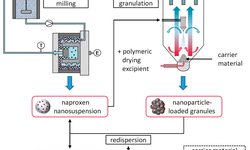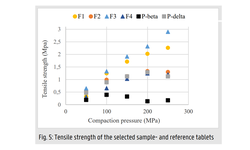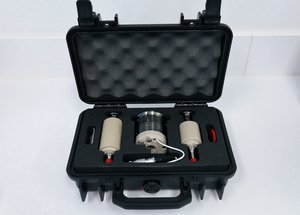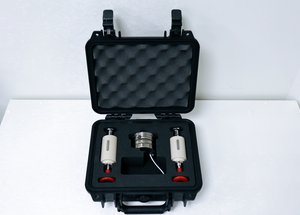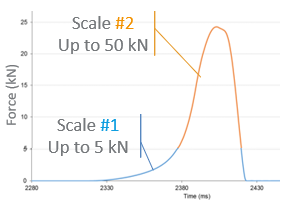Scientific papers
Tablets, being a convenient and safe means of administration, as well as allowing cost-effective large-scale production, are the preferred dosage form for numerous active pharmaceutical ingredients and the delivery of viable probiotic microorganisms. Granules containing live yeast cells (Saccharomyces cerevisiae), formed through fluidized bed granulation with dicalcium phosphate (DCP), lactose (LAC), or microcrystalline cellulose (MCC) as carrier materials, underwent tabletting using a compaction simulator. In addition to studying compression stress, the compression speed was systematically explored by varying consolidation time and dwell time.
Microbial survival and the physical properties of the tablets, such as porosity and tensile strength, were assessed. Higher compression stresses resulted in lower porosities. While this adversely affected microbial survival due to increased pressure and shear stress during particle rearrangement/densification, it led to higher tensile strengths. At the same compression stress, an extended dwell time resulted in lower porosity, hence lower survival rates but higher tensile strength. In contrast, consolidation time showed no significant impact on the considered tablet quality attributes. Since changes in tensile strength-related survival rates were negligible, thanks to opposing but balancing dependencies on porosity, high production speeds could be employed for tabletting these granules without incurring additional loss of viability, as long as tablets with the same tensile strength are consistently produced.
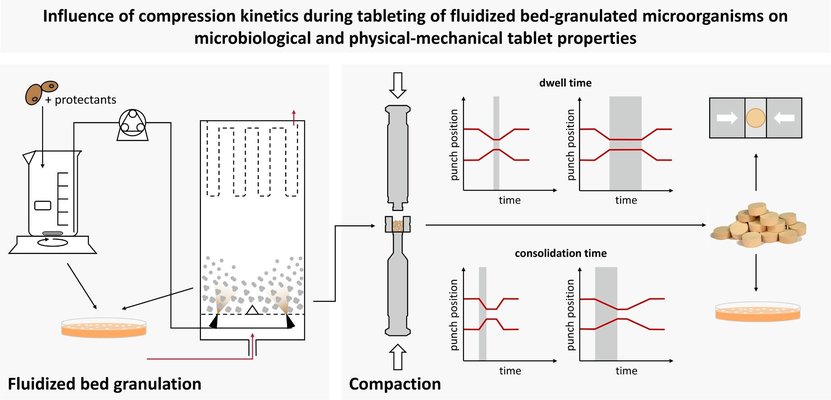
Comments
No comments posted yet.
Add a comment

